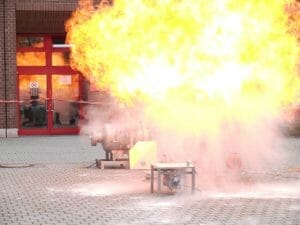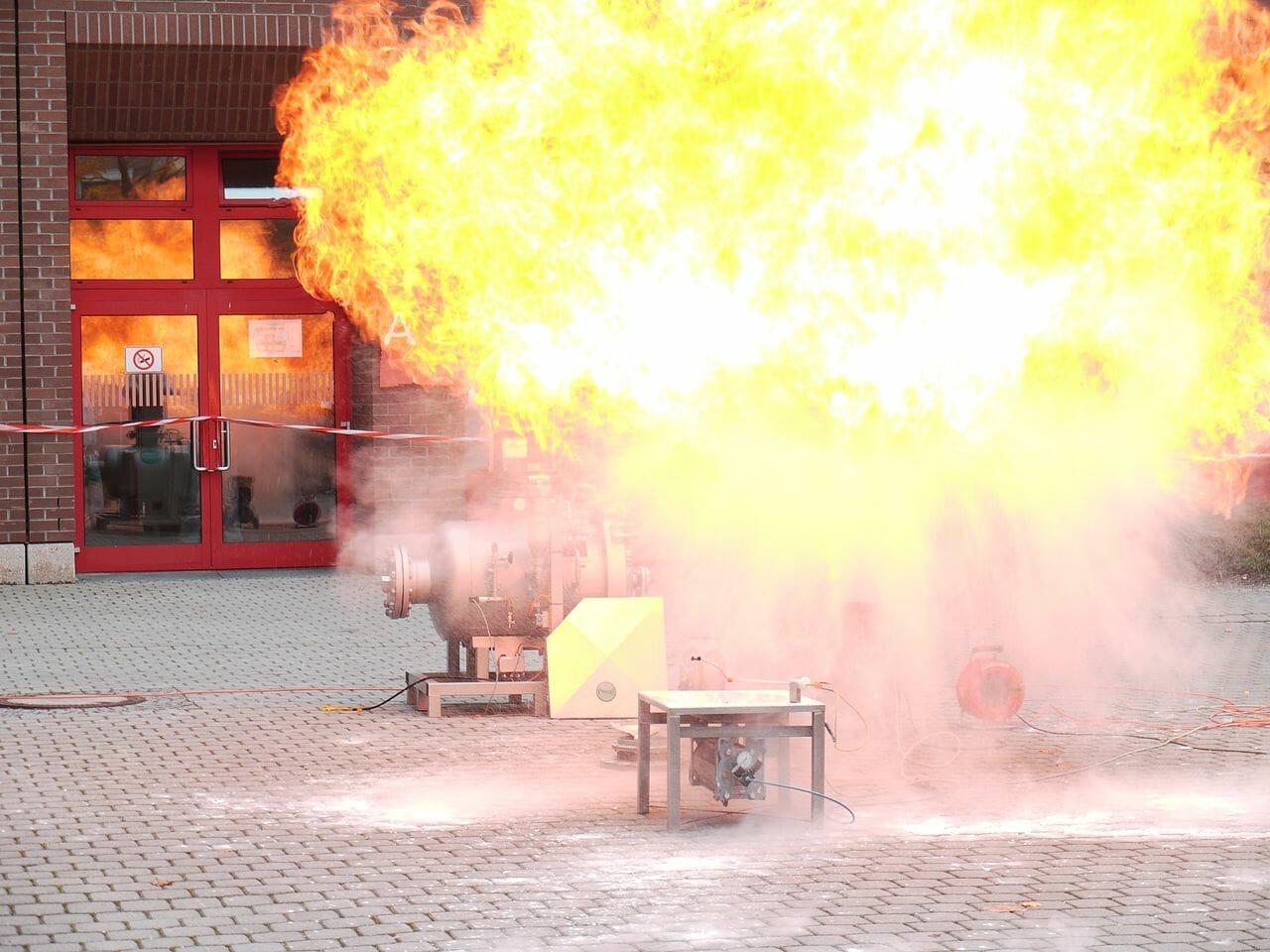Preventing Explosions In Industrial Workshops
Dust and other particles floating in the air in industrial workshops can threaten the workers’ health. Dust can trigger various destructive situations, such as explosions, and significantly damage the business. If you have not taken preventive measures in advance, and some explosion or other accident happens, and you are found negligent, then your insurance company may not cover your loss.
Wood particles are very similar to grain dust and can ignite explosions, regardless of how big or small the workshop is. Even if you have collectors and vacuums in place, you cannot always be sure because those vacuums sometimes leave residual dust around. For a dust explosion to happen, there have to be five conditions in place.
- There has to be a combustible dust
- There has to be a high concentration of dust in the air
- The space has to be confined
- There must be oxygen inside
- There must be some ignition source.
What is a dust explosion?
A dust explosion happens as a result of an explosive mix. When the explosive mix gets in touch with a flame or other ignition source, and there is a high concentration of dust particles in the air, the dust cloud will become combustible. A large majority of powders are flammable, which is a thing to keep in mind if you own or work in a workshop.
If dust particles move freely and get sufficient heat, that will lead to a fire that will combust instantly. However, if dust particles are trapped in a confined area, such as in vents, this will lead to an explosion that can destroy the surrounding machinery.
Unlike gas, dust particles are riskier for machinery and the safety of workers. The gas dissipates into the air, while dust particles are much heavier than air when they mix with other dust particles. If the collection of particles is large enough and all conditions for combustion are fulfilled, that can lead to an explosion. That is a significant risk to machinery like saws, sanders, and lathes in places of wood waste production. Remember that finer, lighter particles always pose a more substantial threat because larger particles are much less likely to enter into the air again. At the same time, smaller articles are easily carried around.

What can cause a dust explosion?
Sawdust and coal dust can lead to explosions industrial workshops, but flour, grain, and aluminum can ignite if certain conditions are met. The problem is, most workshops always have at least two conditions present for an explosion to happen. There is always oxygen and dust in the air, and there are always a few ignition sources. Sparks from machinery, torches, grinders, cigarettes are some of the ignition sources present in workshops.
How to protect the workshop?
One of the top things you can do is regularly use dust extractors and have HEPA filters installed on the air filtration units of the machines. It would also help if you also had proper room filtration. Cleaning residual air dust is a must to ensure there will be no problems in the workshop. Many business owners use industrial dust collectors and source capture units attached to their HVAC system or multiple capture units close to the machines. Some also use portable dust collectors by hanging them down from the workshop ceiling.
Regardless of the dust type you have floating around in industrial workshops, never take any chances and make sure you install a good combination of HVAC-based units, portable units, and source capture to ensure the air is clean at all times. If there is no dust in the air, there cannot be an explosion. That will secure your peace of mind that your employees are protected, and there will not be any fines for meeting the safety standards.
Always take necessary measures to protect the business you have worked hard to build. Remove dust regularly and do not take any chances, even if it does not seem problematic at first glance. Ensure the dust collectors you bring to the workshop have proper filters that prevent larger particles from clogging the HEPA filters. That will save you money and will extend the HEPA filter’s life.














